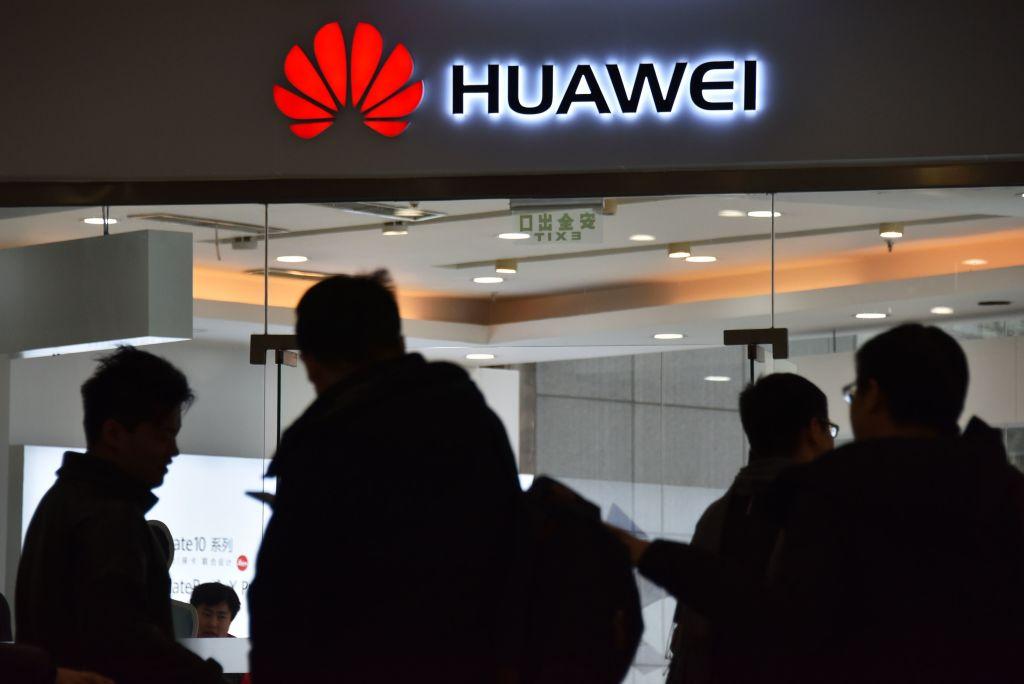Around the world, one telecom company after another has announced plans to reject 5G equipment from Chinese telecom giants Huawei and ZTE.
The latest rejections were announced by Japan’s three main telecoms operators, SoftBank Group, NTT Docomo, and KDDI, according to a Dec. 10 article by Japanese media Nikkei. The decision came on the heels of a Dec. 7 announcement by the Japanese government banning government purchases of equipment from Huawei and ZTE, in order to increase its defense against intelligence leaks and cyber attacks.



